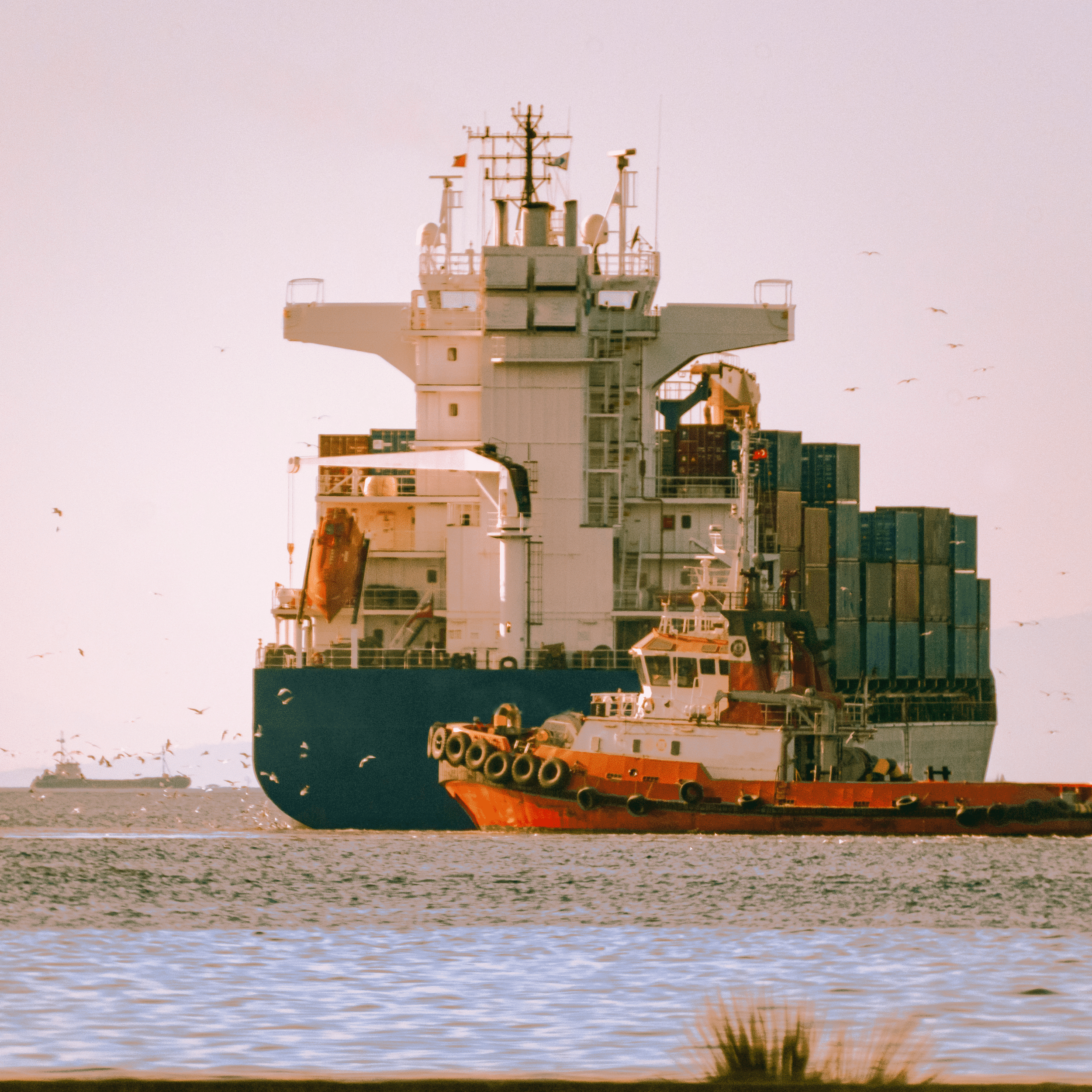In an industry where the margin for error is razor-thin, and the consequences of mistakes can be catastrophic, maintaining high safety standards is non-negotiable. The maritime sector, known for its complex and hazardous working conditions, demands nothing less than rigorous safety training for its workforce. However, what often goes unnoticed is the critical role that continuous learning plays in ensuring nautical safety. In today’s fast-evolving maritime landscape, it's not enough to simply 'know the ropes'—one must keep updating their skills to adapt to new challenges. This blog explores the importance of refresher courses in maintaining high safety standards in the maritime industry.
Why Continuous Learning?
Changing Technology and Equipment
Maritime technology is evolving at a brisk pace. From advanced navigation systems to automated cargo operations, seafarers must familiarize themselves with new technologies regularly. Refresher courses help them keep up-to-date with the latest tools and best practices, reducing the risk of accidents due to ignorance or misuse.
Regulatory Updates
International and local maritime regulations are subject to change. Failure to comply with the latest rules can not only jeopardize safety but also lead to hefty penalties. Continuous learning ensures that the crew is well-versed in current laws, from environmental protection measures to security protocols.
Human Factors
While much of the maritime industry's focus is on technical skills, human factors like stress management, teamwork, and cultural competency are often overlooked. Ongoing training programs can address these issues, which are equally critical for nautical safety.
The Significance of Refresher Courses
Skill Reinforcement
No matter how expertly a skill is learned initially, the decay of knowledge over time is natural. Refresher courses serve to reinforce essential safety skills, ensuring they are at the forefront of the crew's minds.
Real-world Application
Refresher courses often incorporate real-life scenarios and case studies, offering practical insights into safety challenges that seafarers may face. This application-based learning approach can prove to be invaluable in crisis situations.
Adaptation to Individual Needs
Not all crew members have the same learning needs. Some may struggle with new technology, while others may find it hard to understand complex navigation charts. Refresher courses can be tailored to address these specific gaps, making them an effective tool for personalized learning.
Case Studies: Impact of Continuous Learning
Incident Reduction
Several shipping companies that have implemented ongoing safety training programs report a significant reduction in on-board incidents. This tangible outcome highlights the effectiveness of continuous learning in promoting nautical safety.
Increased Compliance
A study on maritime compliance found that vessels with crews that regularly participated in refresher courses were less likely to violate international regulations. The finding underscores the role of ongoing training in legal compliance, indirectly affecting safety.
Conclusion
The maritime industry cannot afford to take safety lightly, and neither can it rely solely on initial training programs to prepare its workforce for the complex challenges they face daily. Continuous learning, especially in the form of refresher courses, is not just a 'nice-to-have' but a 'must-have' for maintaining high safety standards. These courses equip maritime professionals with updated knowledge, reinforce essential skills, and prepare them for real-world challenges, thereby contributing significantly to nautical safety.
By prioritizing continuous learning, shipping companies not only protect lives and property but also safeguard their reputation and bottom line. In a world that’s always changing, staying still is not an option—especially when it comes to safety at sea.
So, the next time you consider skimping on a refresher course, remember that ongoing training is not a cost but an investment—an investment in safety, quality, and, ultimately, human lives.

